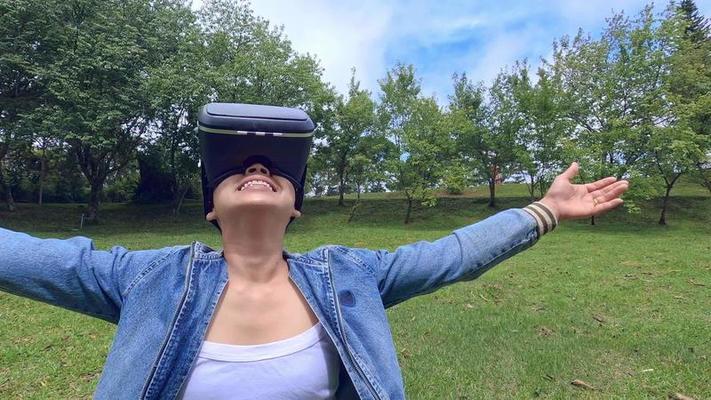Published on July 19, 2023

For decades, scientists have been exploring how exposing humans to nature—by planting trees along urban streets, visiting forests or even just growing houseplants—may improve physical and psychological health. Now researchers are also testing whether we can reap at least some of the same benefits from experiencing nature in virtual reality. This strange twist speaks to some recent, powerful findings on the health impacts of nature exposure.
In terms of psychological benefits, a 2019 review paper notes that nature exposure can lead to more positive emotional states, more social interactions and fewer negative emotions, as well as improved cognition, memory and attention, among other findings.
But all of these studies—and particularly the more conceptual work of trying to understand the connections between nature and health—are complicated by our abstract and varied definitions of “nature.”
“When we’re in an environment, it’s a multisensorial experience,” says Gregory Bratman, an environmental psychologist in the School of Environmental and Forest Sciences at the University of Washington. “Before we can really know much about how the environment is impacting our well-being, we need to take all the active ingredients into account.”
One tool that might help scientists unpack what it is about nature that makes a real difference in health outcomes is virtual reality, says Hector Olvera Alvarez, an environmental health scientist at Oregon Health & Science University. He wanted to investigate whether simply seeing nature can relax people. Virtual reality let him expose experiment participants to the visual input of nature while controlling for factors such as temperature, light and air pollution.
Continue reading at Scientific American.
Originally written by Meghan Bartels for Scientific American.